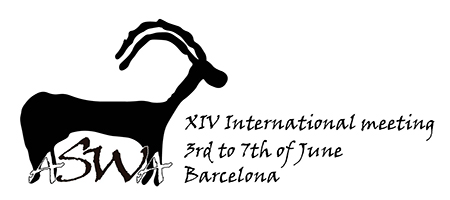The first domestication processes in human history seem to have taken place in SWA around the beginning of the Neolithic. These events are studied using different approaches each of which has its specific advantages, biases and drawbacks. The approach undertaken by my group at the “Institut Jacques Monod” in Paris is the genetic study based on ancient DNA preserved in archeological bone. The advantage of this approach is that it informs on the genomes in individuals contemporary to the studied events providing information on the evolution of lineages and populations. The disadvantages are related to the degradation of DNA that makes its analysis difficult, in particular in the arid climate of a large part of SWA. Therefore, our group has devised paleogenetic methods tailored to the chemical specificities of ancient DNA that improve the paleogenetic approach and render it more reliable.
Using these approaches, we analyze the phylogeography of the wild ancestors of domesticates, the processes of their domestication and the spread of domesticates over time and space. In particular, we analyze these processes in aurochsen and cattle, in horses and in cats. The aim of our studies is to produce data that are complementary to the archeozoological data in order to complete our knowledge of animal domestication in prehistoric societies. In my presentation, I will give an overview of our achievements.

 PDF version
PDF version
